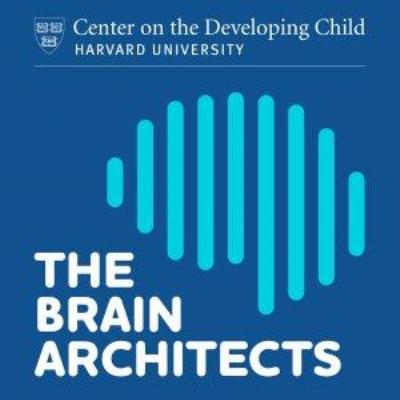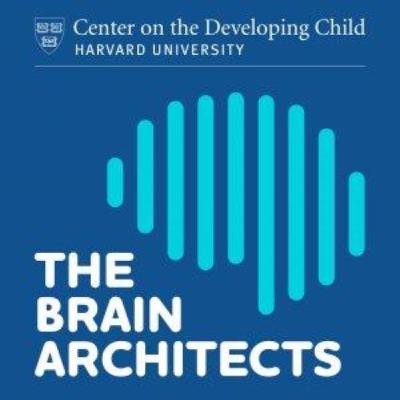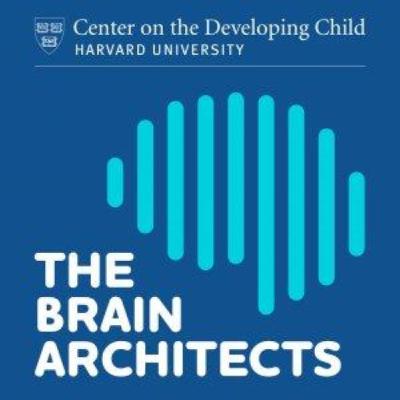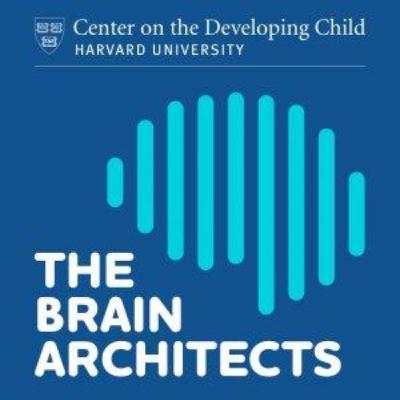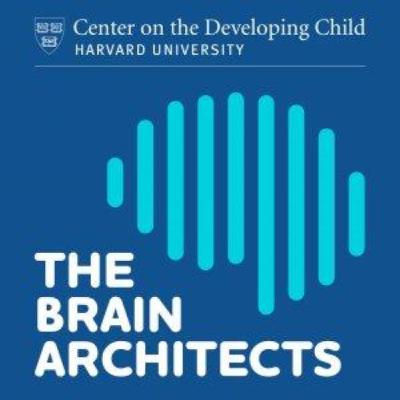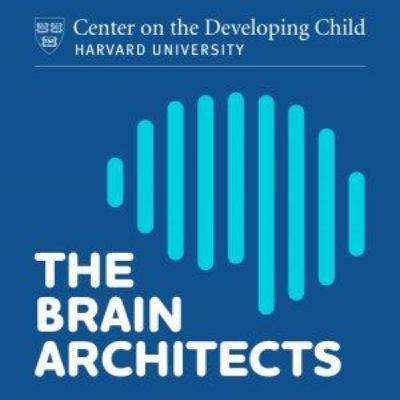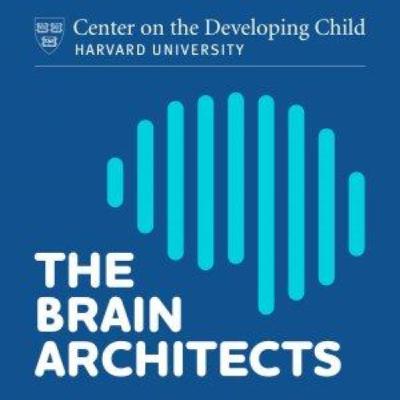
The Brain Architects
Author: The Center on the Developing Child at Harvard University
Subscribed: 721Played: 4,855Description
On The Brain Architects from the Center on the Developing Child at Harvard University, we explore emerging science in early childhood development and strategies and policy solutions for supporting young children and their caregivers. We examine how the conditions where children live, grow, play, and learn shape their development, lifelong physical and mental health, and well-being. This includes a child’s environment of relationships and influences from their broader environment, such as access to clean air, safe drinking water, the availability of safe, stable housing, and more. Recognizing these influences are not distributed equally or fairly, our expert panelists consider strategies for working towards fairness across places, so all children have developmental environments that support their health and well-being. Subscribe now!


